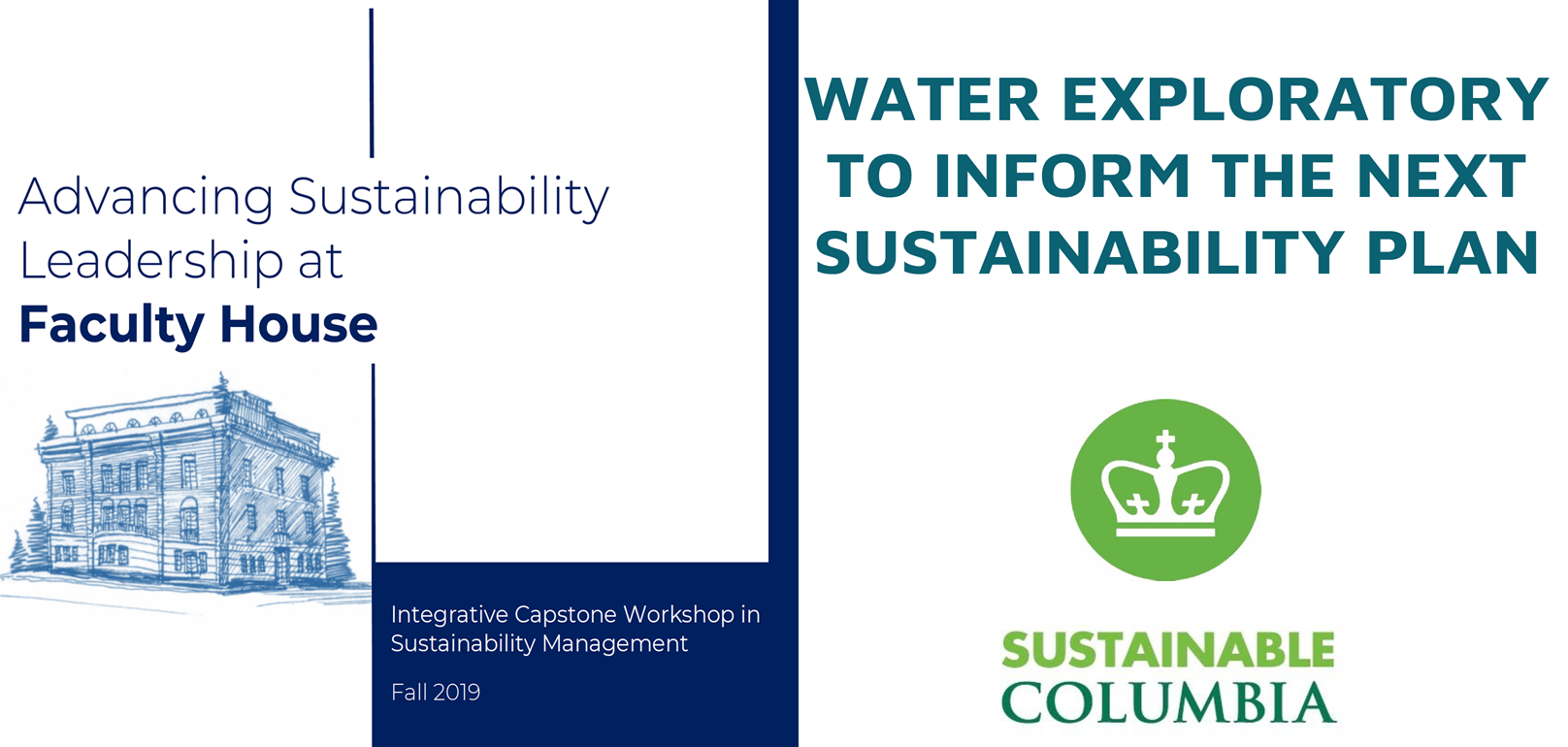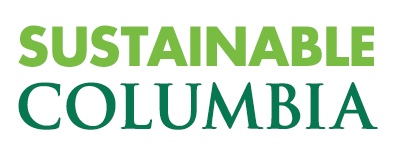Both student groups collaborated with the Office of Sustainability throughout the course of the semester to gather data, secure interviews with experts, and periodically check in on their progress. The groups presented to university stakeholders and submitted their final reports in December, 2019.
“The research that came out of these projects will be really valuable to the university for the next iteration of the sustainability plan,” said Jessica Prata, Assistant Vice President for the Office of Sustainability. “The students did a great job and we appreciate all their hard work.”
The Office of Sustainability is committed to facilitating opportunities for the campus to serve as a “living lab,” where students and other partners play an active role to research, present and drive forward solutions to address on-campus sustainability challenges. Along with Facilities and Operations and the schools, the Office of Sustainability has a history of mentoring and supporting students in academic capstone courses and expanding awareness of campus sustainability programs under way.
The undergraduate Sustainable Development student group looked at water conservation practices at other American universities compared to Columbia’s efforts to reduce water waste, highlighted in part by the School of the Arts’ Year of Water initiative. The students also conducted an audit of two Columbia buildings to assess their current water use.
Their final report includes a comprehensive report on plastic water bottle use – including a literature review on drinking water habits across America and in other universities – and data on Columbia students’ drinking water preferences. The students made recommendations for plastic bottle alternatives as well as potential marketing initiatives to promote reusable bottle use.
The Sustainability Management capstone group tackled overall sustainability at Faculty House, diving deeper into two main components: energy efficiency and sustainable operations. The energy efficiency portion of their report includes a full-building lighting audit as well as a building occupancy survey to gain insights into how the building currently meets the needs of its employees. The sustainable operations portion focuses on quantifying environmental impacts of food – including an analysis of the new Sustainable Living menu created in collaboration with the Earth Institute – and linen procurement.
Faculty House was awarded a Leadership in Energy and Environmental Design (LEED) Gold Certification by the United States Green Building Council (USBGC) in 2010, becoming the first building on Morningside campus and the first McKim, Mead & White building in the country to be given this distinction. LEED promotes a holistic building approach to sustainability by evaluating performance in five key areas of environmental and human health: sustainable site development, material selection, energy efficiency, water savings, and indoor environmental quality.
Renovations in 2008 included integrated energy-efficient and water-conserving utilities, appliances, fixtures and insulation. The building also received new HVAC systems and a selection of local, recycled, low-emission furnishings, materials, and finishes. Over the last 10 years, Faculty House has introduced recycling and composting, transitioned away from single-use plastic bottles at events, managed food portions to avoid waste, and most recently in 2018, introduced linen-free tables for events on the 1st, 2nd, and 4th floors.
Radley Horton, research professor at the Lamont Doherty Earth Observatory and The Earth Institute, advises sustainability-related capstone projects each semester and works closely with the Office of Sustainability. “Working with students in their sustainability coursework not only advances the students’ learning, but helps Columbia gain important insights that the university can implement going forward to reduce its footprint,” Horton said.
The work of these student groups will be incorporated into the planning process for the University’s next sustainability plan, which will cover 2021 through 2030 and will outline a roadmap for carbon neutrality.
Read the final reports by downloading the corresponding PDF: Water Exploratory; Advancing Sustainability Leadership at Faculty House

